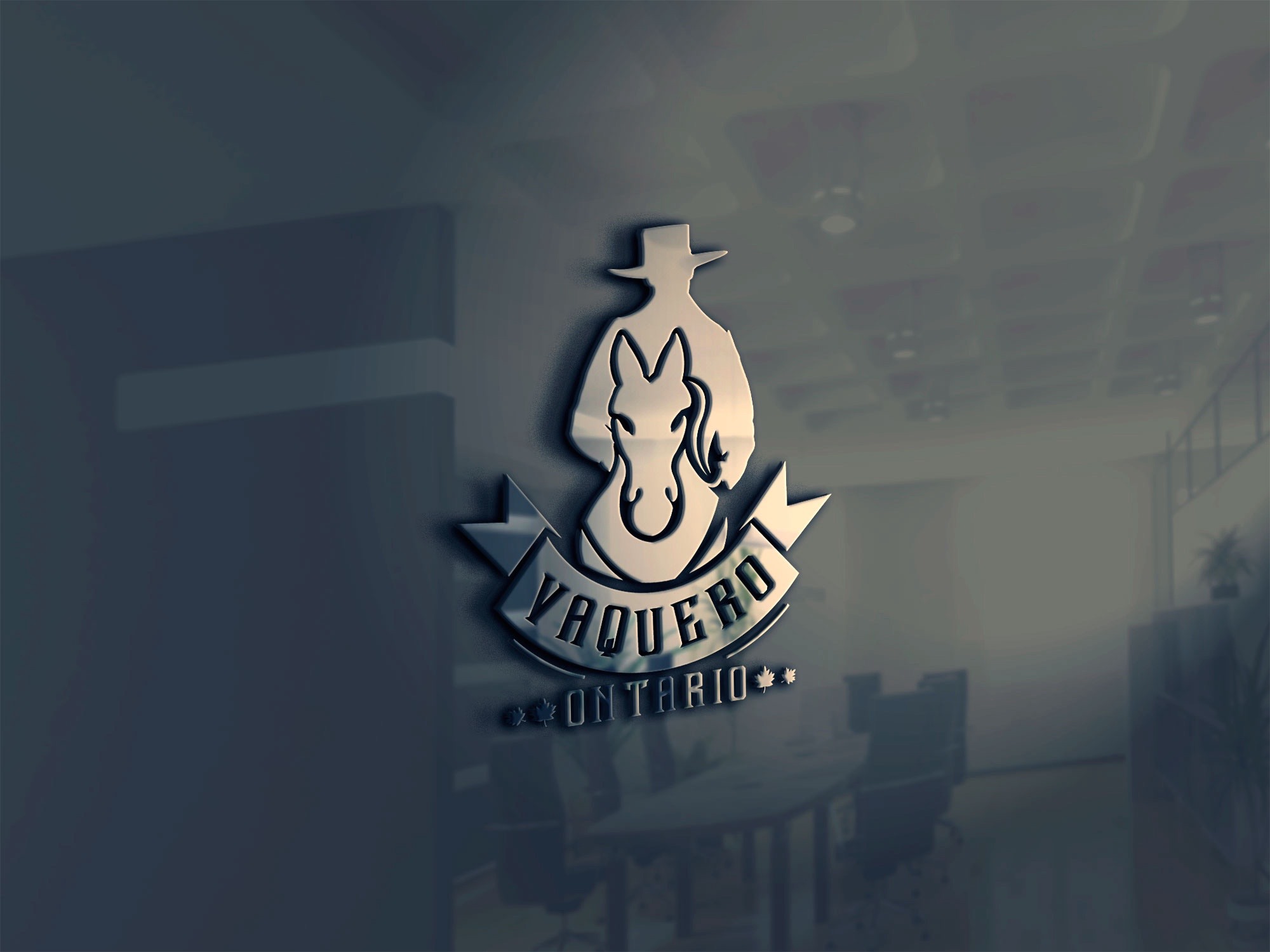Trust and Knowing in Horsemanship
In horsemanship, two things matter more than almost anything else: trust and knowing. Riding—at its best—isn’t about control or performance. It’s about connection. As Ray Hunt once said, “This is my body, my mind… maybe not yet, but one day.” That’s the aim—not trophies or titles, but a union so complete that horse and rider move as one.
To reach that place of connection, there has to be trust. And to have trust, you must understand. You need to know how horses think, how they perceive the world, how they react, and how they find comfort and safety. That knowledge creates a space where trust can grow.
What’s interesting is that horses, by their nature, trust easily. People, on the other hand, struggle with it. We don’t even trust each other most of the time—yet we expect trust from the horse. Horses live in a world built on trust, awareness, and clear roles within the herd. When one horse spooks, the others often follow without question—not because they’re afraid, but because they trust their companion saw something important. For them, trust is a survival skill.
We humans are different. We’re suspicious, analytical. If someone yells, “Run!” we want to know why. Horses don’t wait for an explanation—they act first and process later. And if your horse does spook—at a squirrel, a shadow, or the wind—how you respond will either reassure him or confirm his fear.
If your instinct is to jerk the reins, spur him forward, or grab for control, you may be telling him exactly what he suspected: that he was right to be afraid. Worse, you’re showing him that you can’t be trusted in a moment of uncertainty.
The irony is that we expect our horses to trust us, yet many riders don’t offer that trust in return. This imbalance often leads to conflict, confusion, and in some cases, accidents. Many wrecks have started with a fearful rider pulling hard on the reins—trying to stop or control a horse that simply needed a moment to work through a natural reaction.
But trust and control are not the same thing. In a truly trusting relationship, control becomes unnecessary.
Watch a herd in the pasture. One horse spooks, and the others follow. Then, as quickly as it began, they settle. No reins, no yelling, no one dictating the terms. They trust each other enough to react, and then to let go.
As riders, we have a choice. We can try to overpower that instinct, or we can learn to ride through it. If you can stay calm through a spook or sudden movement—if you can ride it, redirect it, and offer reassurance—you’ll begin to build real trust. Not just the horse trusting you, but you trusting the horse and yourself.
Some riders resort to harsh techniques in the name of safety—like the “one-rein stop.” But done poorly or out of panic, it can unbalance the horse and even cause a fall. Those dramatic horse crashes in old Western movies? Many were caused by pulling the horse’s head around at speed.
Ray Hunt had a quote that speaks volumes:
“You say, ‘Oh, he might spook, he might buck, he might fall down, he might rear.’ So look what he’s working with. He knows you can’t handle it, and that don’t make him wrong to know that you can’t handle it… and yet the people want to go on with their horse. If he turns around quick, they fall off.”
Trust has to go both ways. If you’re constantly signaling that you don’t trust him, how can you expect him to trust you in return?
Most riders are taught how to ride forward—walk, trot, lope. A few might learn to back a horse, or ask for a leg yield. But too often, riders forget that the horse already knows how to move—forward, sideways, fast, slow, lead changes, and more. We don’t teach them how to do these things. We only learn how to ask—and, hopefully, how to ask with feel and fairness.
If you take the time to develop your knowledge—of the horse, of yourself, of the relationship between you—you’ll begin to ask better questions. And when your horse believes that you know, he’ll start to trust you more.
Because that’s what real horsemanship is: the pursuit of understanding, not dominance. The goal is never control. It’s confidence, clarity, connection.
Seek understanding, and trust will follow.
Offer trust, and the horse just might offer you everything in return.

